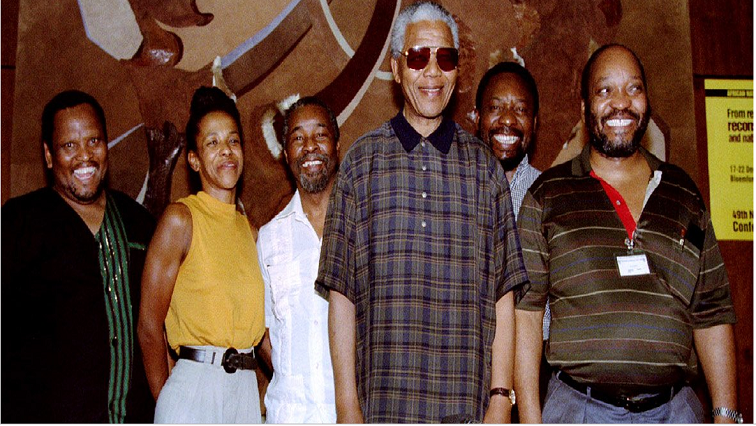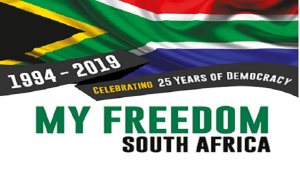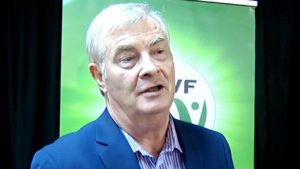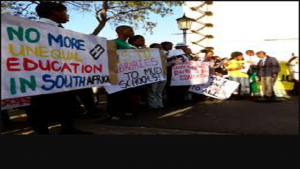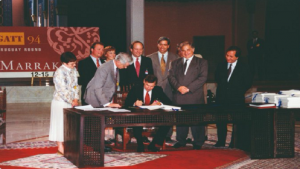As we wrap up our This week in 1994 series we look at the governing party’ national conference, which happened eight months after the African National Congress (ANC) realised its dream of a non-racial and democratic South Africa.
The conference was held in Bloemfontein, re-named Mangaung, in the Free State, from the 17th to the 22nd of December 1994.
It is the city where the party was established in 1912.
ANC Veteran and Head of the Mapungubwe Institute for Strategic Reflection Joel Netshitenzhe says the conference’s mood was that of celebration and euphoria.
This was a striking difference from the ANC’s previous conferences, which had been marked by tension and heated exchanges over strategic decisions.
Netshitenzhe says beyond the exhilaration, however, there were concerns over the mammoth task that lay ahead.
“The apprehension deriving from that the ANC recognised the responsibility that it had to transform society; to ensure that those ideals for which generations had struggled are realised.”
Despite the hurdles before them, South Africa’s new political leaders hit the ground running.
Using the ANC’s ready to govern document and election manifesto – Netshitenzhe says the governing party ensured that the new Government of National Unity implements the party’s Reconstruction and Development Programme (RDP), which ensured equal access to education, housing for the poor and free healthcare for pregnant mothers and children, among other milestones.
Mandela’s political report
In his ANC political report, then party President Nelson Mandela reflected on the party’s strategic decision to form the Government of National Unity, hailing it as a move in the right direction.
He urged party officials to lead with humility, bearing in mind that they are servants of the people.
The ANC’s strategic document: From Resistance to Reconstruction and Development was also discussed at the congress.
It contained the organisation’s three-year plan to transform South Africa.
Mandela was re-elected unopposed as party president; Thabo Mbeki as his deputy; Makhenkesi Stofile was appointed the party’s Treasurer-General; Jacob Zuma the National Chairperson; current President Cyril Ramaphosa as Secretary-General and Cherly Carolus his deputy.
On cadre deployment, Netshitenzhe says the question of who remains at the party’s headquarters, Luthuli House, to ensure that the organisation remains strong was Madiba’s concern.
He says this is one thorny issue that continues to haunt the governing ANC.
Other controversial matters that Netshitenzhe believes the party needs to resolve are the role of the branches and the appointment of leaders.


